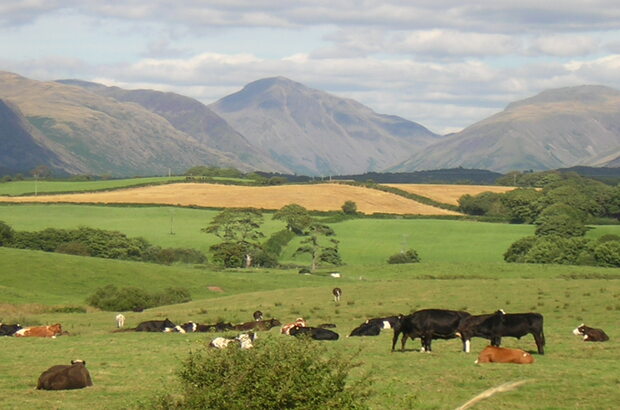Farming Equipment and Technology Fund 2025 – Now Open for Applications
Farmers, growers, foresters and contractors across England can now apply for funding to invest in equipment and technology that will help boost productivity, improve animal health and welfare and enhance slurry management, with the launch of the Farming Equipment and Technology Fund (FETF) 2025.
The application window opens on 29 May and will close at midday on 10 July 2025. This is the only opportunity to apply for FETF 2025, so interested applicants are encouraged to prepare early.
What’s on Offer?
The fund offers three separate grants, each focused on a specific theme:
- Productivity
- Slurry Management
- Animal Health and Welfare (AHW)
Applicants can apply for each of the three themes, with grants ranging from £1,000 to £25,000 per theme. You can only submit one application per theme. Each application will be scored competitively, with priority given to projects that demonstrate strong environmental and efficiency outcomes.
The total pot of £46.7 million will be split across the themes:
- £30 million for productivity and slurry management
- £16.7 million for animal health and welfare
Who Can Apply?
To be eligible, your business must be based and registered in England, and you must be a:
- Farmer
- Horticulturalist
- Forestry owner
- Contractor carrying out services to any of the above
Applicants can reapply, even if they have received funding from previous rounds of FETF or the Countryside Productivity Scheme.
For the Animal Health and Welfare grant, your business must be commercially farming:
- Beef or dairy cattle
- Sheep
- Pigs
- Laying or broiler chickens (including rearing and breeding farms)
What Can You Apply For?
Here are just a few highlights from the over 180 eligible items across all themes:
Productivity
- Robotic drill and guided hoes
- Tractor-powered electric weeders (e-weeders)
- Rainwater harvesting tanks
- Robotic silage pushers
Slurry Management
- Robotic slurry collectors
- Flow rate monitors
- Dribble bars and other low-emission slurry spreaders
Animal Health and Welfare
- Piglet creeps
- Mobile sheep and cattle handling systems
- Cooling systems for poultry houses
All eligible items and specifications are listed on GOV.UK.
Boost Your Chances
Applications will be scored and in oversubscribed rounds, priority may be given to applicants who have claimed less than £10,000 in productivity or slurry grants from previous rounds.
For Animal Health and Welfare, you can increase your score by 20% by discussing your application with a vet and providing supporting evidence. Defra encourages applicants to use the funded Animal Health and Welfare Review vet visit to help shape their grant request.
Act Now
With only one window to apply for the 2025 round, we encourage Island farmers and land managers to explore the full list of eligible items, consider all three themes and prepare applications early.
For full guidance and to apply, visit the Farming Equipment and Technology Fund 2025 page on GOV.UK.
Find the full list of FETF Productivity items and specifications here: Productivity items and specifications – Farming Equipment and Technology Fund (FETF) 2025 Guidance
Find the full list of FETF Animal Health and Welfare items and specifications here: Animal Health and Welfare items and specifications – Farming Equipment and Technology Fund (FETF) 2025 Guidance
Find out more about the Animal Health and Welfare Pathway here: Animal Health and Welfare Pathway Policy Paper
Here is the link to the Animal Health and Welfare Review Guidance: Farmers: how to apply for funding to improve animal health and welfare Guidance
The webinar recording will be uploaded here: Defra Farming Blog Webinars
Register with the Rural Payments Service here: Register and update your details with the Rural Payments Agency
Read the FETF 2025 terms and conditions here: Terms and conditions – Farming Equipment and Technology Fund (FETF) 2025 Guidance
Find the Farming Investment Fund Service here: Welcome to the Farming Investment Fund service
Further reading: Defra Farming Blog
